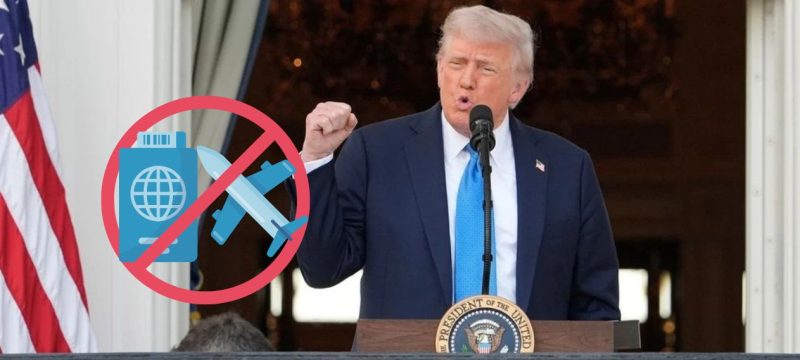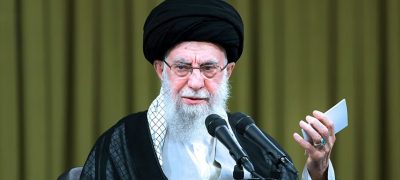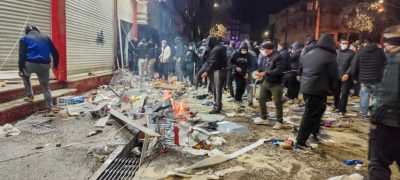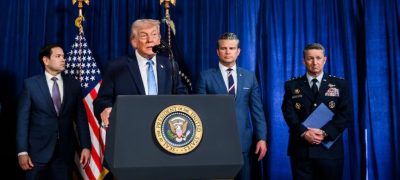On Wednesday, U.S. President Donald Trump issued a proclamation enforcing a travel ban on nationals from 12 countries, citing concerns over terrorism and security threats. The decision is part of his intensified immigration agenda during his second term, which has also included deportations of suspected gang members from Venezuela and restrictions on foreign student entries.
The countries facing a full travel ban include Afghanistan, Myanmar, Chad, Congo, Equatorial Guinea, Eritrea, Haiti, Iran, Libya, Somalia, Sudan, and Yemen. In addition, Trump announced limited entry restrictions for nationals from seven other nations: Burundi, Cuba, Laos, Sierra Leone, Togo, Turkmenistan, and Venezuela.
Read more: Trump Administration Signals Tougher Stance on Global Fronts
In a video message posted on X, Trump stated, “We will not allow individuals into our country who intend to harm us.” He indicated that the list may be updated in the future. The travel restrictions take effect from June 9, 2025, at 12:01 am EDT. However, visas granted before that date will remain valid.
This latest measure mirrors Trump’s earlier ban during his first term, which affected travelers from several Muslim-majority countries. That policy faced multiple legal challenges before being upheld by the U.S. Supreme Court in 2018. President Joe Biden had reversed the previous ban in 2021, calling it “a stain on our national conscience.”
Trump defended the new restrictions by arguing that these countries either harbor terrorist networks, lack proper visa security protocols, or fail to verify traveler identities adequately. He cited a recent gasoline bomb attack in Boulder, Colorado—allegedly carried out by Egyptian national Mohamed Sabry Soliman who had overstayed his visa—as justification for tightening controls. Notably, Egypt was not among the countries listed.
In response, Somalia expressed willingness to collaborate with the U.S. to address security concerns. Meanwhile, Venezuelan Interior Minister Diosdado Cabello criticized the U.S. decision, warning that residing in America poses a significant risk to Venezuelans. Other nations affected by the ban, such as Myanmar and Laos, have not yet responded publicly.
Trump’s executive order, signed on January 20, mandates stricter security screening for all foreign nationals and tasked federal agencies with identifying countries whose lack of vetting capabilities warrants suspension of travel privileges.
The move aligns with Trump’s long-standing immigration stance, including a pledge made in October 2023 to block entry from areas like Gaza, Libya, Somalia, and Syria.









